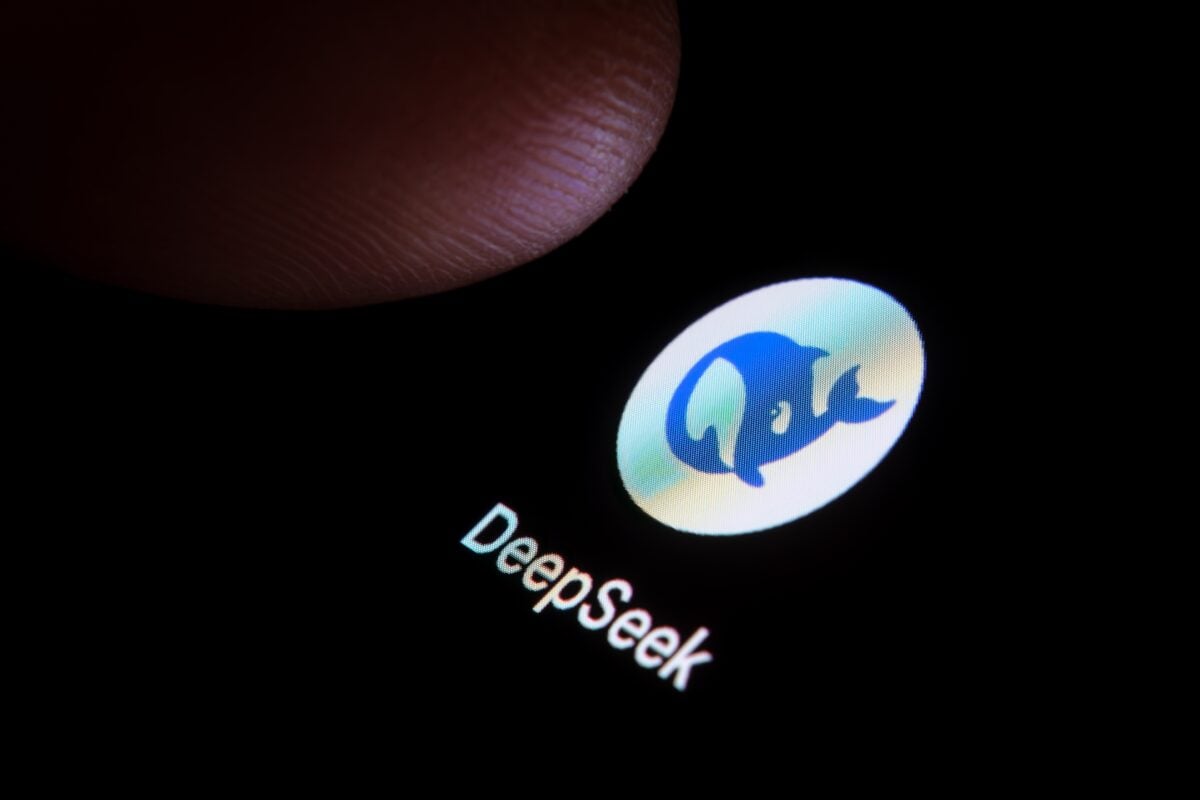TLDRs;
Contents
- DeepSeek posts new AGI roles on LinkedIn for the first time in months, aiming to attract global talent.
- Mandarin-language listings hint at outreach to overseas Chinese professionals and bilingual experts.
- China’s AI sector faces a sharp talent gap, prompting firms like DeepSeek to recruit beyond domestic borders.
- LinkedIn, despite its China exit, remains a valuable tool for connecting with international AI talent.
Hangzhou-based artificial intelligence startup DeepSeek has resumed job listings on LinkedIn, in what appears to be a calculated push to tap into global talent pools.
The company recently posted ten job openings focused on artificial general intelligence (AGI), its first such listings on the platform in several months. The roles are based in Beijing and Hangzhou and advertised in Mandarin, a strategic detail that hints at the company’s interest in attracting Chinese-speaking professionals abroad.
While LinkedIn ceased its localized operations in China back in 2021 due to tightening regulations, it continues to serve as a key recruitment platform for Chinese expatriates and international professionals proficient in Mandarin. By returning to LinkedIn, DeepSeek is signaling that it is looking beyond China’s borders for technical expertise, a move that reflects a broader trend in the country’s fast-growing but talent-strapped AI sector.
Global hiring strategy emerges from domestic talent crunch
DeepSeek’s LinkedIn listings underscore a growing urgency among Chinese AI firms to look internationally amid a steep talent shortfall at home. China has about 39,000 AI researchers, far fewer than the United States, which boasts over 78,000. That gap has been cited as a major barrier to China’s ambition of becoming a world leader in AI by 2030, a goal that includes building a $150 billion AI industry.
The imbalance in talent migration adds to the challenge. Recent research shows that while 31 percent of top AI talent has relocated from the US to China, only 5 percent has moved in the opposite direction. This leaves Chinese companies with fewer options domestically and a clear incentive to recruit from abroad, particularly professionals with experience in AGI and other cutting-edge subfields.
Mandarin listings reveal targeted outreach to Chinese diaspora
The decision to post job ads in Mandarin on LinkedIn is no accident. DeepSeek appears to be targeting Chinese nationals and Mandarin-speaking professionals currently working in international tech hubs. These individuals often have the skills, language fluency, and cultural familiarity needed to hit the ground running in China’s competitive AI landscape.
LinkedIn’s continuing popularity among overseas Chinese talent makes it an ideal channel for this type of outreach, despite the platform’s exit from the Chinese mainland. Since LinkedIn’s departure, domestic hiring has largely shifted to platforms like BOSS Zhipin and Maimai. While effective locally, these platforms lack LinkedIn’s global visibility, limiting their usefulness in international recruiting.
DeepSeek stays silent as signals speak louder than words
The company has remained tight-lipped about its latest recruitment efforts, declining to comment on its apparent global hiring strategy.
Earlier this year, DeepSeek listed similar roles on local platforms, suggesting the LinkedIn campaign is a supplement rather than a replacement. Still, the timing and placement of these new postings hint at a more intentional pivot toward international hiring.
This approach may offer dual benefits: addressing the country’s AI talent shortage while infusing its workforce with fresh perspectives from abroad. For now, the success of DeepSeek’s outreach remains to be seen, but the message is clear. In the race to lead the next wave of AI development, China’s tech startups are beginning to cast a wider net.


